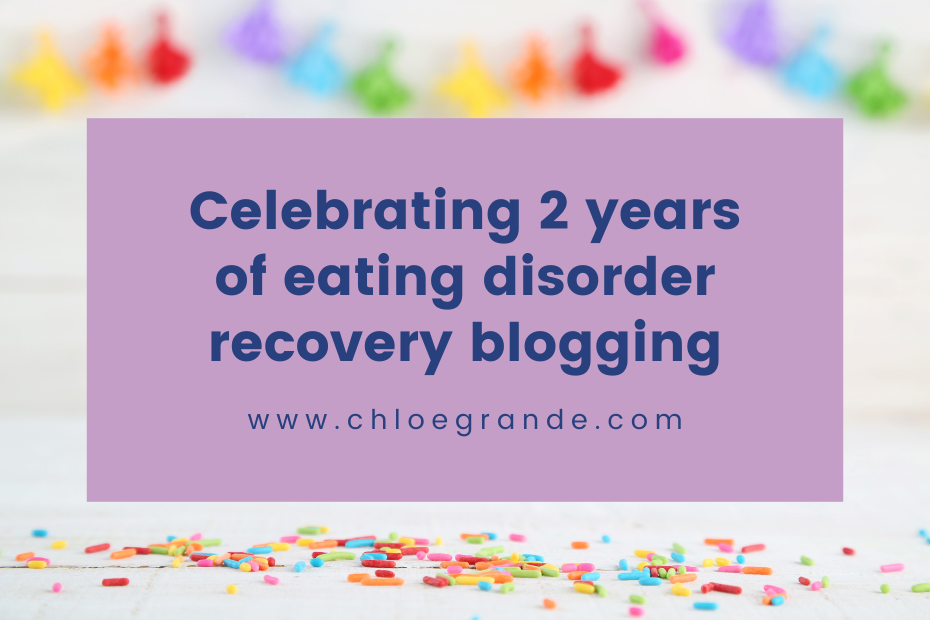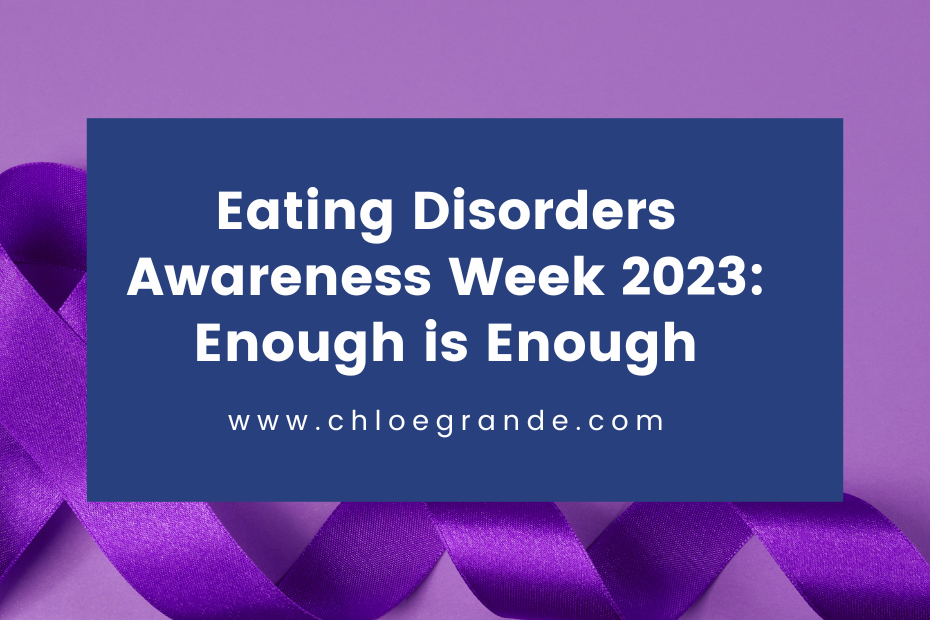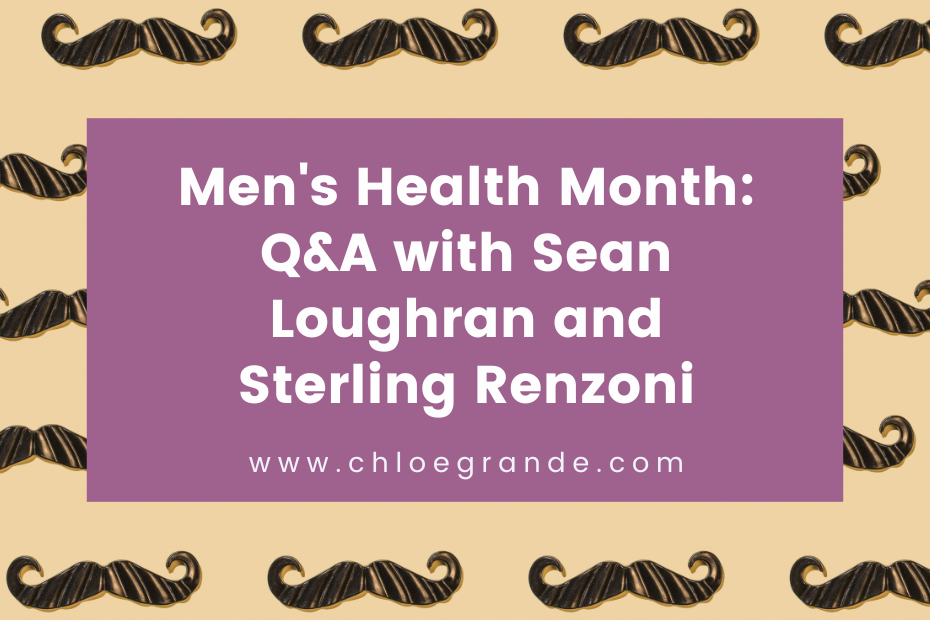Fear, isolation, uncertainty. These are all contributing factors to a surge in eating disorder cases, especially for younger people, during the pandemic. However, eating disorders are such nuanced diseases that there are often more than a few underlying causes to them.
Having experienced a relapse during the pandemic, I know firsthand what it’s like to have the ED symptoms come rushing back. Besides the prolonged trauma of living through a pandemic, I want to explore lesser known contributors that have changed the way we view food.
- Anxiety around grocery shopping. Think back to last spring, when grocery stores had lines that snaked around blocks. I already disliked grocery shopping so when my usual trip went from 20 minutes to over an hour, I wasn’t thrilled. I get overwhelmed being around so many food choices for such a long period of time — and can imagine this triggers anxiety for others as well. Food scarcity has been a recurring theme during the pandemic — better stock up before you run out.
- Tip: My therapist had some excellent suggestions. If I hate going grocery shopping, how can I make it more pleasant? Maybe that means going to a different store or picking new foods that you can look forward to trying. Or maybe order groceries online to avoid the store altogether.
- More screen time. There’s a ton of research on social media and its effects (or lack of effects) on mental health, but one study stood out: I remember this study found exposure to social media didn’t affect teenagers’ body image. However, if their self esteem was already low, social media amplified their insecurities and made them feel worse. When my eating disorder voice is loud, I fall into that second category. Less time outside doing things = more time inside comparing and despairing.
- Tip: Obviously less screen time is easier said than done. Time limits help me monitor my tech consumption (although I definitely ignore the warnings some days). My favourite thing is to mute people whose content I find makes me feel bad about my body. It’s important to reflect on what we’re consuming and if it genuinely adds value to our lives or not.
- Increased focus on oneself. If you’re spending a lot of time on Zoom for work or school or life in general, you have the pleasure of staring at your reflection for hours on end. It’s only natural to become more conscientious of your appearance, but that can transpire to a fixation on what you want to change. Just think of TikTok videos of young kids asking users, “How can I make myself look prettier?”
- Tip: Hide the self video view, if possible. It’s also okay to just turn off your video for a break. A big lesson I’ve learned in therapy is to avoid checking behaviours. In this case, that could mean taking down some mirrors or even just noticing how often you’re looking at your reflection. Spoiler alert — it’s probably more than you think.
This is all to say that a lot of people are struggling with food issues right now. It’s easier to hide, too, so you may not even know if someone is going through a rough patch or relapse.
The question is no longer if people are suffering more, but how can we best support them? You are not alone. ❤️




There are all great things to consider, I never really thought about how the pandemic may have increased anxiety around grocery shopping. I also love your tips Chloë! I find that prolonged amounts of time on social media definitely amplifies insecurities for me, so I love the idea of putting a time limit on social media!
Glad to offer some new perspectives 🙂 Thank you for reading — it’s reassuring to hear I’m not the only one that needs finds time limits on social media helpful. Everything in moderation, right?
Might the fact that more people are watching Hollywood movies thru their streaming services also be contributing ? We know what Hollywood thinks of women and girls who are above a certain age, weight or physique … most of us do not fit that impossible image
That’s a great point! I think it goes hand-in-hand with increased screen time, whether it’s social media or consuming Netflix. You nailed it, Maria, when you said it is an impossible image. It is 100% a fabricated image that doesn’t compare to most people’s day-to-day lives.
Something that I’ve heard from the people in my life who are living with eating disorders is that the isolation from their peer supports and the generally increases anxiety levels were big factors in the struggle they felt to manage their eating disorders.
Absolutely, the isolation and anxiety can compound, leading to coping mechanisms that involve disordered eating. It can be a way of feeling “in control” when everything else is out of control. Thanks for the feedback, Kira!